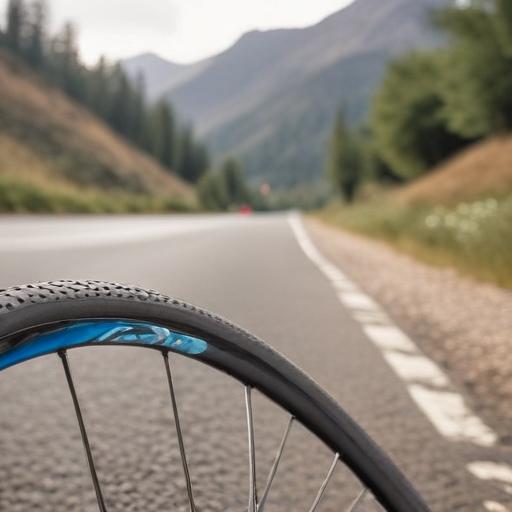In the lead-up to the climactic stages of the 2025 Tour de France, Philip Roodhooft, the team boss of Alpecin-Deceuninck, expressed the deep tension and uncertainty surrounding his squad’s future. Roodhooft highlighted the stressful atmosphere permeating the race for his team, overshadowed by concerns about securing a new title sponsor after Deceuninck decided not to renew its deal. Despite their impressive performance, which included stage wins by Jasper Philipsen and Mathieu van der Poel, the lack of financial stability presents a daunting challenge.
Roodhooft, who co-manages the team with his brother Christoph, emphasized that cycling’s reliance on sponsorship makes the financial landscape notably more precarious compared to sports like football, where revenue streams are more diversified. The Alpecin-Deceuninck team, a collaboration between a shampoo brand and a windows manufacturer, faces a critical juncture not only for survival but for future success. With earlier success from the likes of Van der Poel and Philipsen, the pressure to maintain competitiveness while pursuing sponsorships remains high.
While the team’s performance at this year’s Tour has drawn attention, crucial negotiations for sponsorship are ongoing. Roodhooft detailed the complex factors at play, including the challenging economic climate and geopolitical uncertainties, which complicate potential partnerships.
Yet amidst the pressure, the team witnessed a shining moment on stage 20 with Australian rider Kaden Groves securing victory. This win, in a challenging stage marked by climbs, served not only as a testament to the team’s fighting spirit but also as a potential beacon of hope for attracting new sponsors. Groves’ emotional victory and the team’s resilience could very well make a compelling case to future partners, showcasing both skill and determination.
Roodhooft believes that performing well is essential for attracting sponsors, indicating that the team’s significant accomplishments in the Tour might resonate positively with companies considering partnerships. “Sporting performance is a necessity,” he affirmed, underscoring that sustained success on the track could facilitate vital funding and ensure the future of Alpecin-Deceuninck in the competitive world of professional cycling.
The journey for Alpecin-Deceuninck might be fraught with uncertainty, but their recent successes provide a hopeful narrative that displays not only resilience against financial pressures but also an inspiring commitment to the sport. As they approach the final stages of the Tour, both the team and their supporters have reasons to remain optimistic.
